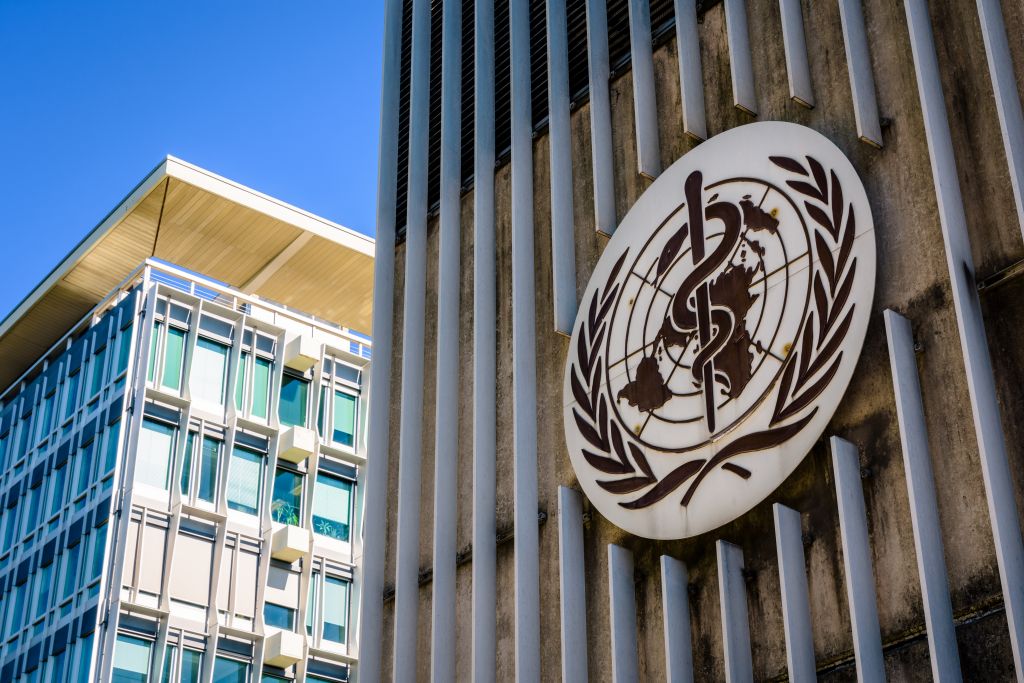Amid worldwide disruptions caused by the COVID-19 pandemic, WHO and UNICEF report the largest continued backslide in childhood vaccinations in approximately three decades, with 25 million infants missing out on lifesaving vaccines in 2021 alone.
It was hoped that the cohort of children that missed their vaccinations in 2020 would be caught up in 2021, after strained immunization programs had a chance to recover and rebuild after disruptions resulting from the pandemic. However, diphtheria, tetanus and pertussis (DTP) coverage — a marker for immunization coverage within and across countries — is at its lowest levels since 2008.
The percentage of children who received three doses of DTP fell to 81 percent, representing a 5 point drop between 2019 and 2021. This means 25 million children missed out on one or more DTP doses in 2021 — 2 million more than in 2020 and 6 million more than in 2019. The historic backsliding in immunization rates is putting a growing number of children at risk of contracting devastating but preventable diseases.
Contributing factors
There are many contributing factors to the decline in coverage, including an increased number of children living in conflict areas or fragile settings where access to immunization is challenging; increased misinformation and distrust; and COVID-19-related issues such as service and supply chain disruptions, diverted resources and lockdown measures that limited availability and access to immunization services.
“This is a red alert for child health. We are witnessing the largest sustained drop in childhood immunization in a generation. The consequences will be measured in lives,” said Catherine Russell, UNICEF Executive Director. “While a pandemic hangover was expected last year as a result of COVID-19 disruptions and lockdowns, what we are seeing now is a continued decline. COVID-19 is not an excuse. We need immunization catch-ups for the missing millions or we will inevitably witness more outbreaks, more sick children and greater pressure on already strained health systems.”
Consequences for the health of women and girls
The human papillomavirus (HPV) vaccine — first licensed over 15 years ago — protects girls against cervical cancer later in life. Despite the importance of this vaccine for protecting against a preventable disease, global coverage of HPV vaccination was only 15 percent in 2019.
Now, compared with 2019, over a quarter of the global HPV vaccine coverage that was achieved was lost, with 3.5 million missing the first dose. This makes the 2030 elimination target of 90 percent an uphill battle.
Measles and polio outbreaks
As children continue to miss essential vaccines, measles and polio are making a comeback, with avoidable outbreaks of both occurring in the past 12 months. Worldwide measles cases increased by 79 percent in the first two months of 2022, compared to the same period in 2021. And after coming close to the global eradication of polio, cases were reported in Malawi, Mozambique and the U.K.
First dose coverage of the measles vaccine dropped to 81 percent in 2021 — its lowest level since 2008 — meaning that 24.7 million children — 5.3 million more than in 2019 — missed their first measles dose; another 14.7 million did not receive their second dose. For polio, 6.7 million more children missed the third dose compared to that in 2019. This two-year decline comes on the heels of a decade of stalled progress.
Initiatives
Reaching universal coverage levels and preventing outbreaks requires a huge effort. This is why WHO and UNICEF are working with Gavi, the Vaccine Alliance and other partners to implement the global Immunization Agenda 2030.
“It’s heart-breaking to see more children losing out on protection from preventable diseases for a second year in a row. The priority of the Alliance must be to help countries to maintain, restore and strengthen routine immunization alongside executing ambitious COVID-19 vaccination plans, not just through vaccines but also tailored structural support for the health systems that will administer them,” said Dr Seth Berkley, CEO of Gavi, the Vaccine Alliance.
The agenda calls on governments and relevant actors to intensify catch-up vaccination efforts; build trust and counter misinformation; ensure pandemic preparedness and response; prioritize health information and disease surveillance systems; and increase investment in new and existing vaccine services, among other goals.





